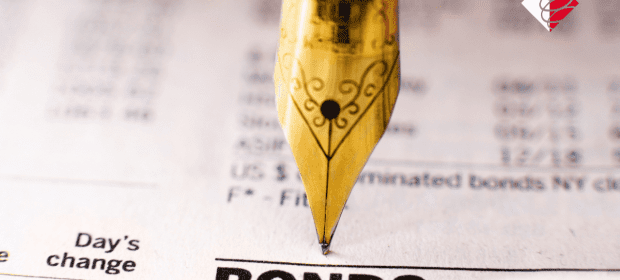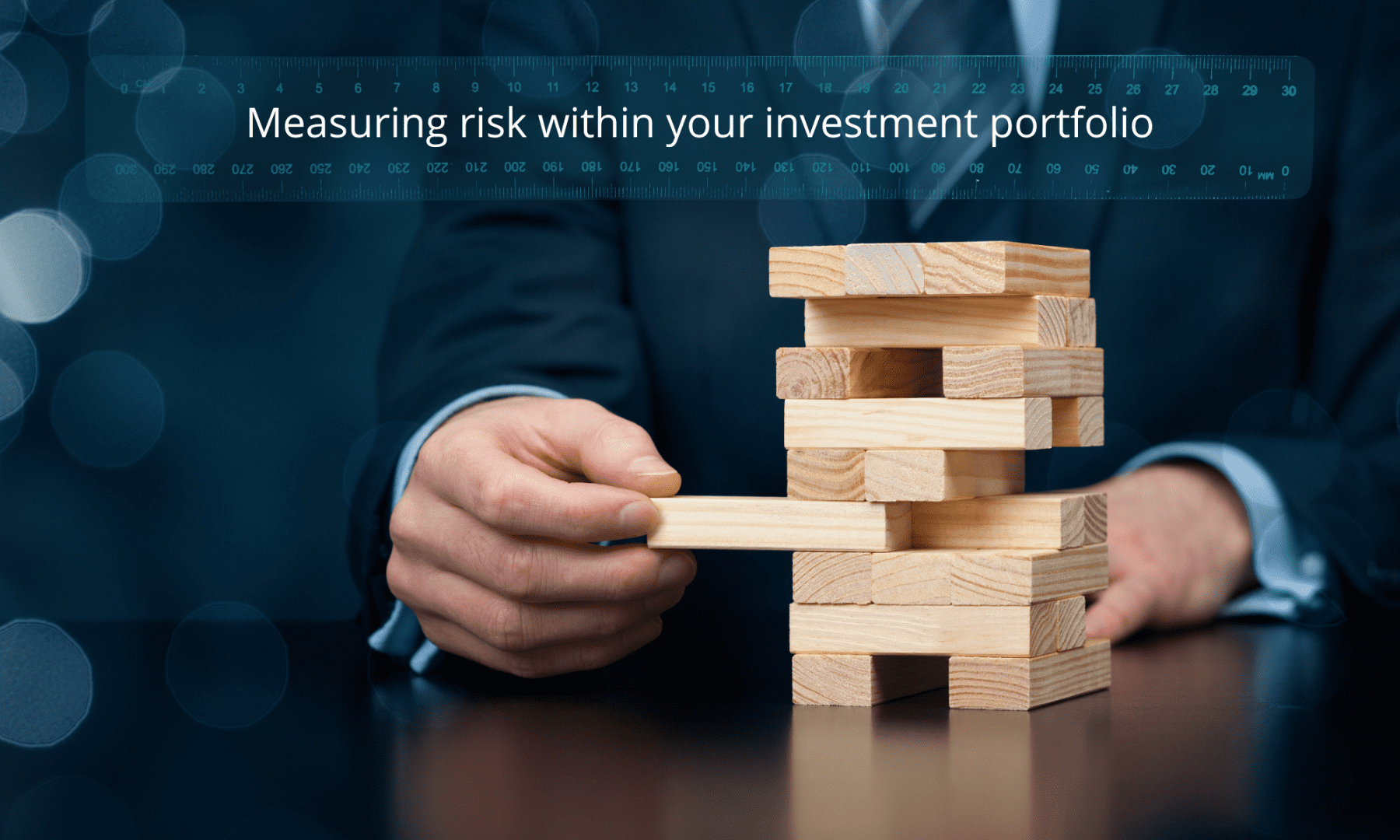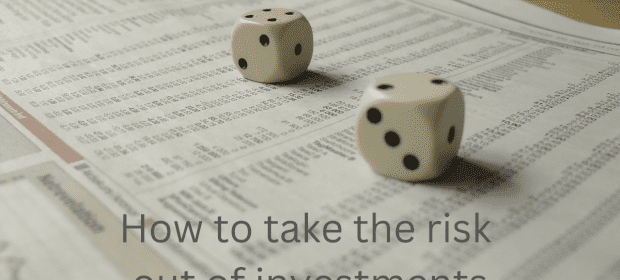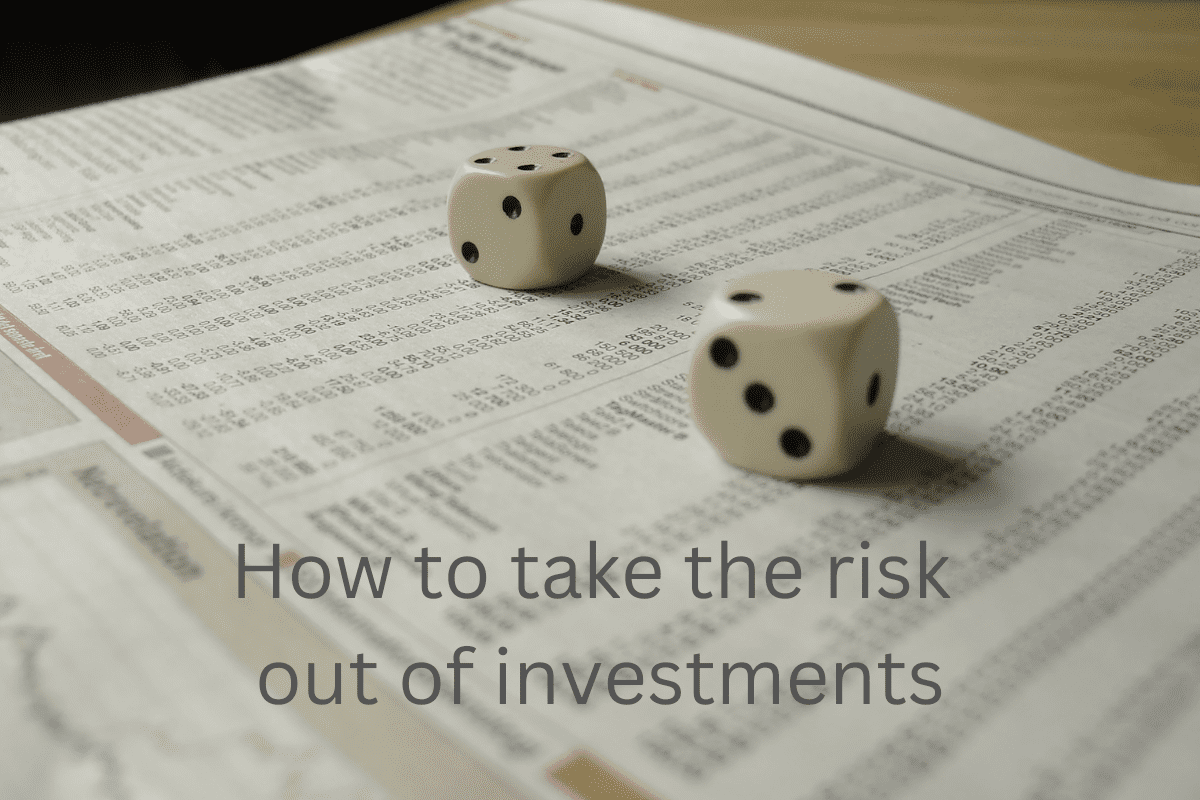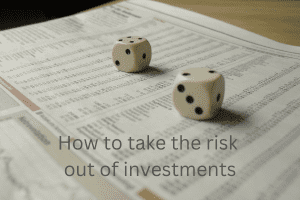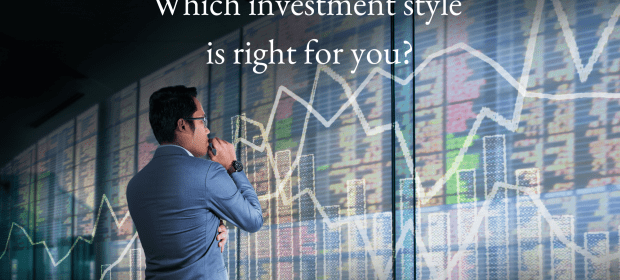If you are resident in Italy, or planning to move here, it is important to complete a review of your investments to avoid unnecessary and expensive tax liabilities locally. It is well known that how to handle your finances is one of the major challenges of moving to a new country – the tax and legal systems are different, and on top of this, everything is in a language you might not fully understand. An experienced adviser based in Italy will help to ensure your finances are arranged both tax-efficiently and appropriately for your individual circumstances.
The best time to carry out a review of your investments and to develop a long-term financial plan is before you make the move. This is something many people don’t consider, but acting early allows you to make the most of valuable planning opportunities and to avoid costly mistakes, for example with the timing of a property sale or taking a pension lump sum. But even if you are already here, it is never too late to make sure you are making the most of your money.
There are many ways of saving and investing as an Italian tax resident, including with banks, in directly held portfolios, in collective investments, and in trust and pension structures. Taxation in Italy is complex, and you will need an accountant to help you with tax returns. One structure that is highly tax efficient, which simplifies annual tax declarations and is also widely used across Europe, is the investment bond.



